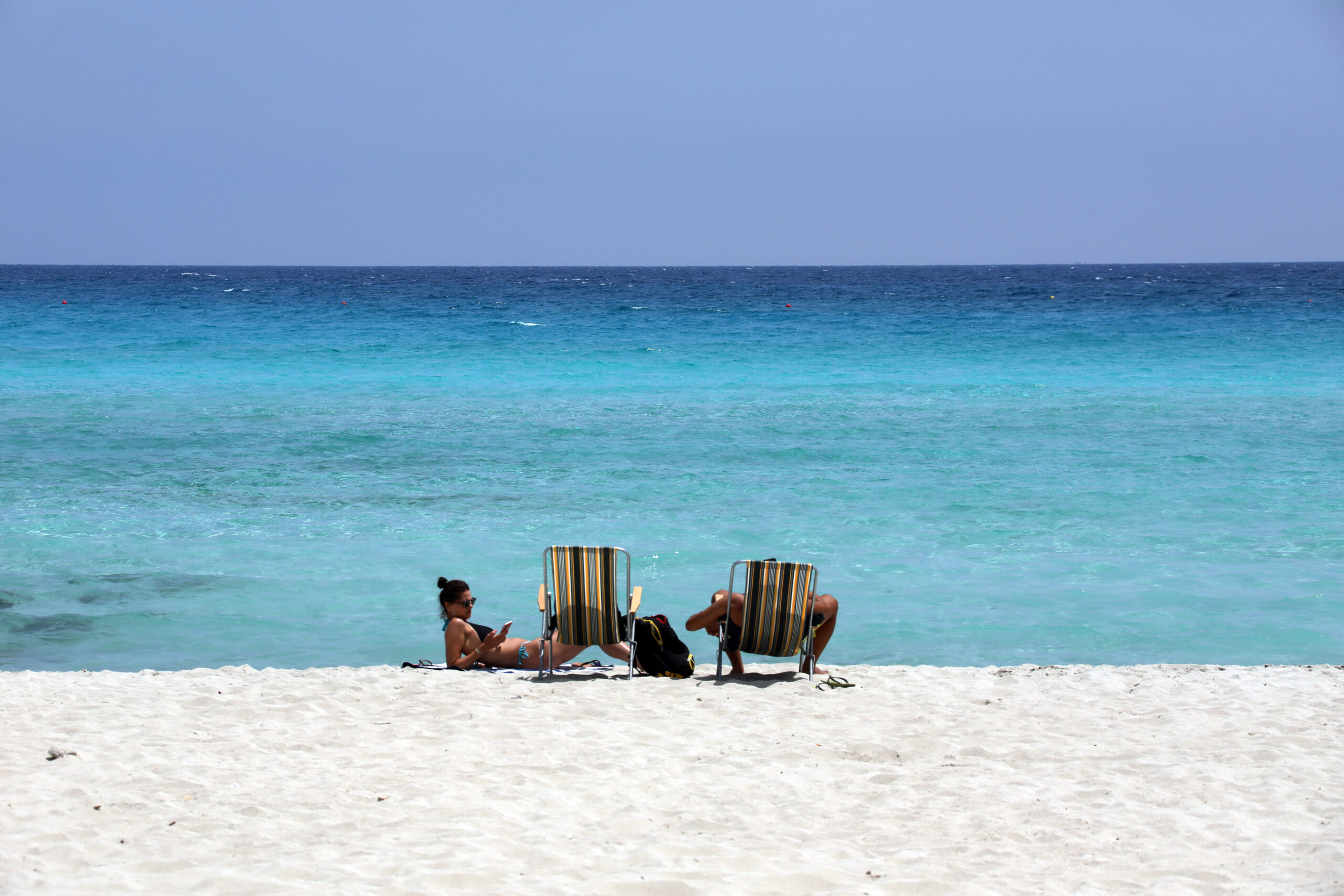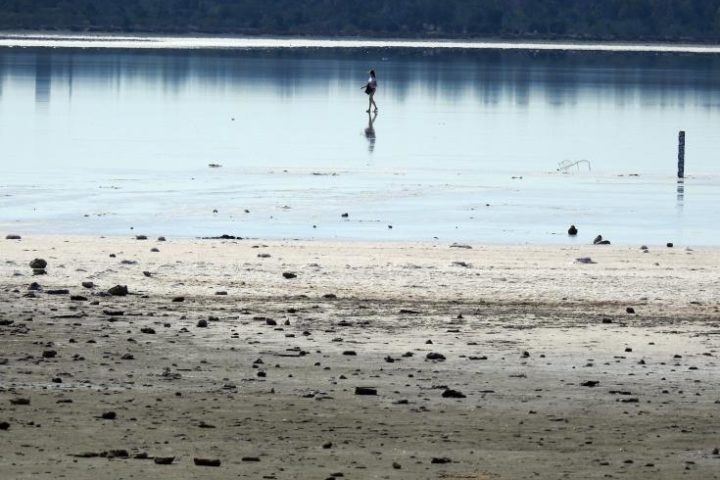Cyprus will continue to swelter under high temperatures for the coming weeks, as the Met Office warned a prolonged heatwave will not weaken before the end of July.
On Thursday, the Met Office issued another yellow warning for extreme heat, warning the public that temperatures will reach a maximum of 41 degrees Celsius inland and 33 on the highest mountains.
The fire department issued a red warning for fire hazards, while the Electricity Authority of Cyprus has also reported local blackouts caused by the high demand for energy.
The meteorological department has been issuing daily warnings for high temperatures since heatwave Cleon arrived on July 13.
In comments to the Cyprus News Agency, the head of the Met Office, Kleanthis Nicolaides, said that temperatures will remain above 40 until the end of the month.
Nicolaides said the region is under the influence of a high-pressure weather system which has replaced Cleon.
“Temperatures will be above 40 until the end of the month. The coming weekend is expected to be hotter as temperatures will peak at 42,” said Nicolaides.
Meanwhile, an 89-year-old man was admitted to the Nicosia General Hospital suffering from heatstroke, pushing the number of elderly citizens in the hospital to six.
An 80-year-old remains intubated in critical condition since Sunday when a 90-year-old man died due to heatstroke.
Residents in areas in Nicosia were unable to keep cool as the high demand for electricity caused blackouts in Engomi, Lakatamia and Strovolos.
EAC’s spokesperson Christina Papadopoulou said that power outages are caused mainly by damage to the joints of the underground cables.
She said the network is also under strain due to the sudden increased demand due to the use of air conditioners.
Advice
Soaring temperatures prompted the Health Ministry to advise the public to avoid frequent sun exposure and stay indoors, preferably in air-conditioned spaces.
The ministry suggested wearing light clothing with loose, light-coloured garments and the use of hats and sunglasses when exposed to the sun.
They were also advised to avoid alcoholic beverages and caffeinated drinks and to opt for light meals low in fats, emphasising consuming fruits and vegetables.
In case people develop symptoms of heatstroke, they should contact their GP for further instructions.
Initial symptoms of heat exhaustion may include severe headache, fatigue, weakness, feeling faint, decreased blood pressure, nausea, vomiting, and rapid heartbeat.
Those at high risk include infants, young children, the elderly, individuals working outdoors and individuals with chronic illnesses, such as diabetes, kidney failure, blood pressure disorders, and cardiovascular and liver diseases.










